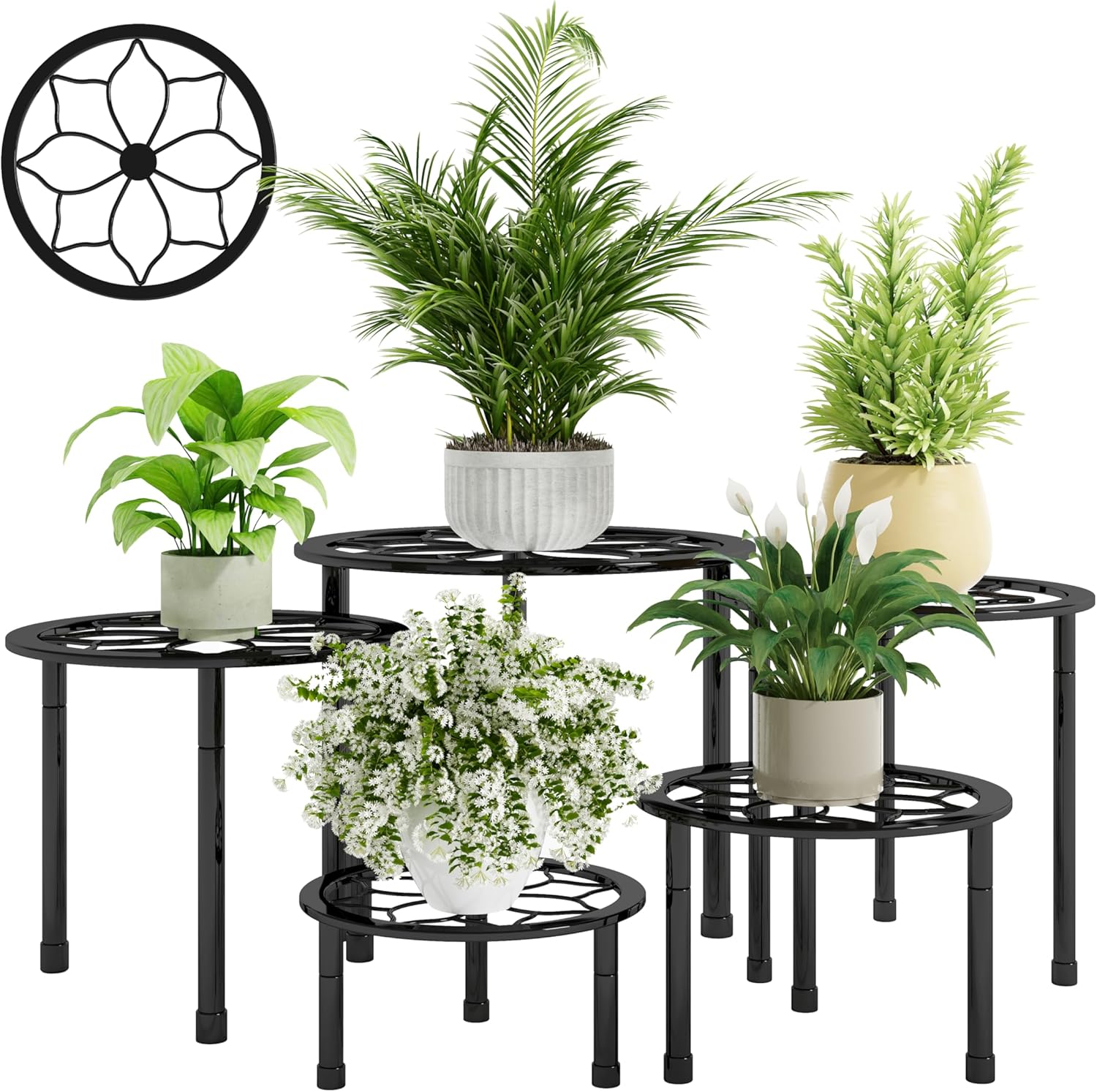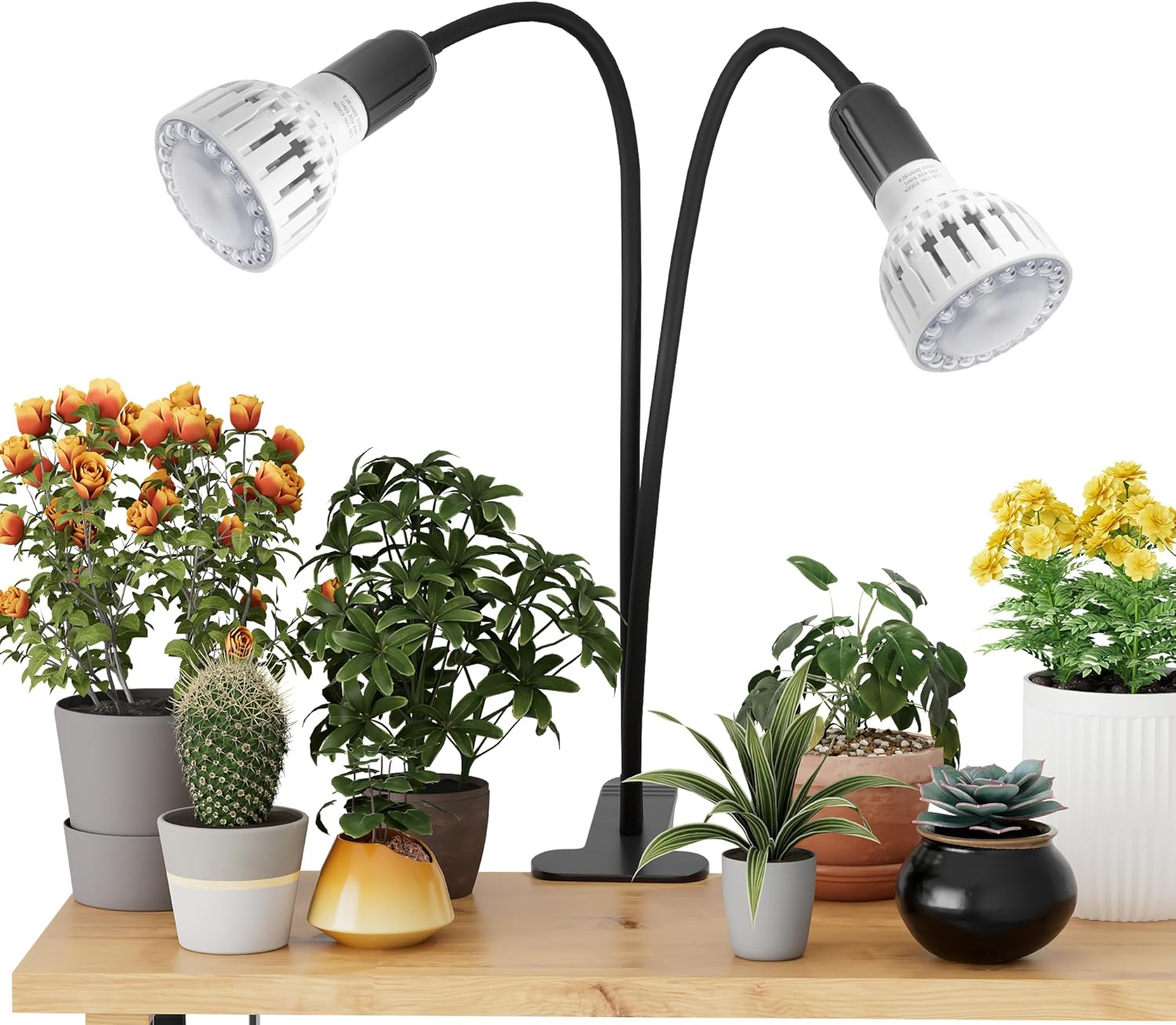Noticing how refreshed you feel around greenery isn’t just a coincidence it’s a sign that indoor plants might be doing more than just beautifying your space. Whether you’re working from home, recovering from an illness, or simply seeking a more peaceful environment, the presence of plants indoors can quietly enhance your well-being in remarkable ways. From regulating air quality to subtly improving heart rate and blood pressure, these living companions can have a measurable impact on your physical and mental state.
Indoor plants offer surprising health benefits for human health, including improved air quality, reduced stress, lower blood pressure, and enhanced mood. They help decrease carbon dioxide and air pollutants, support better heart rate, and promote psychological well-being, even aiding recovery in a hospital room setting.

Inspirational Gifts for Women, Cute Succulent Plant Pot, Cactus Flower Planter for Plant Lover, Gardening Motivational Encouragement Cheer Up Gift for Women Men Friend
Scientific studies have shown that certain types of indoor plants actively reduce carbon dioxide, remove pollutant particles, and even help control air pollution. The foliage of a healthy houseplant absorbs toxins, improving the indoor air and creating a more vibrant space that encourages calm and focus. Even a small indoor garden can contribute to meaningful psychological benefits, helping to reduce stress and elevate mood—key elements of better human health.
In this blog post, you’ll discover 10 evidence-based health benefits of indoor plants, backed by research and horticultural expertise. From their role in hospital recovery rooms to their ability to transform your living area, these benefits may just inspire you to bring more greenery indoors.
How the Benefits of Indoor Plants Boost Mind and Body Health

The Healing Presence of Plants in Your Indoor Space
The presence of plants in your indoor space offers far more than aesthetic appeal they serve as a silent ally in your journey to wellness. Research suggests that even small potted plants in a room can noticeably improve your overall sense of calm and focus. From reducing psychological and physiological stress to enhancing productivity, the benefits of indoor plants go deep, touching both mind and body. Being around plants has been linked to better mood and fewer depressive thought patterns, helping you stay centered especially during long hours spent indoors or through the darker winter months.
Physical Health: Breathing Easier with Plants
Plants can also help improve air quality through photosynthesis and transpiration, processes that release oxygen and moisture into the air. NASA studies have shown that some houseplants like snake plant, aloe, and potho help improve indoor air quality by removing harmful toxins like formaldehyde, benzene, and other volatile organic compounds (VOCs). By reducing indoor air pollution, these plants support physical health and may even reduce diastolic blood pressure. In fact, plants helped purify the air in controlled environments in NASA’s clean air study, suggesting a real-world potential for improving human health.

Metal Plant Stand Indoor Outdoor,Indoor Plant Stands for patio rust proof,Heavy Duty Flower Pot Stands for Multiple Plant,Black Potted Plant Holder for Garden Home (5 Pack Black)
Mental Clarity and Calm: The Psychology of Plants
The health benefits of houseplants include the ability to suppress sympathetic nervous system activity and lower levels of cortisol, the hormone associated with stress. Simply interacting with plants, such as caring for plants or having them in your line of sight, has been shown to reduce nervous system activity and improve cognitive function. Plants may even contribute to slower mental decline in individuals with dementia, showing their promise beyond simple décor. A well-designed biophilic space has the effect of improving mood and lessening depressive thought patterns. These effects combine to support emotional balance, mental clarity, and inner calmness.
Horticulture and Human Wellness
Experts agree: “Horticulture has great potential” for enhancing everyday wellness. The act of tending to plants is a mindful ritual that helps you reconnect with natural rhythms, even in urban or digital-heavy settings. With plants around, your office space or home becomes more than functional it becomes restorative. Plants offer not only emotional comfort but physiological ease, reducing stress markers and enhancing recovery rates in clinical settings such as a hospital room.
Conclusion
Research suggests that the connection between indoor plants and human wellness is both scientifically grounded and deeply personal. From lowering cortisol levels and improving diastolic blood pressure to supporting patients with dementia, the positive effects of greenery on the mind and body are hard to ignore. Whether placed in your office space or living room, plants elevate the environment by infusing it with life, calmness, and balance.
As we’ve seen through multiple studies, even resilient varieties like pothos play a role in filtering toxins and uplifting mood. And when your houseplants aren’t looking their best, it’s a signal worth paying attention to—because their health often reflects your space’s overall well-being. Indeed, as many experts emphasize, “horticulture has great potential” to transform not just environments, but also lives.
So go ahead refresh your space, care for your plants, and create your own pocket of green spaces indoors. Start with just one plant and let nature do the rest. The benefits may be more powerful than you expect.

GooingTop Grow Light,24W (160Watts Equiv) 5000K White Full Spectrum LED Growing Lamp Clip on Desk for Indoor Plants,Bulbs Replaceable & Non-dimmable
